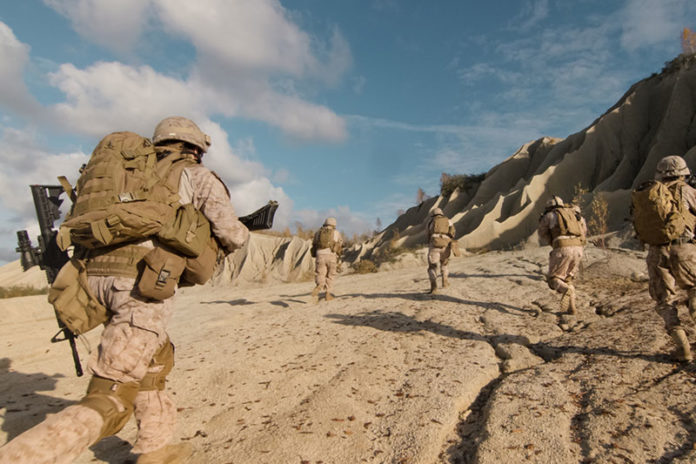The Taliban will not be guests at Camp David. The peace talks with them are history, and the Afghan government is relieved that it can proceed with the Sept. 28 presidential election without feeling irrelevant. There is only one problem: The U.S. war in Afghanistan continues on its interminable, ineffectual course.
The president said the negotiations are “dead” because the Taliban carried out an attack that killed an American soldier. But the talks began in 2018, and 15 U.S. service personnel had died this year as they were going on. If Donald Trump’s goal is to stop the Taliban from killing Americans, abandoning peace talks is a strange way to pursue it.
After all, we have not been able to kill our way out of the war. Reports The New York Times, “Defense Department officials continue to put the number of Taliban fighters at 40,000 to 80,000, a range that has not changed for several years.”
Last year, the U.S. Special Inspector General for Afghanistan Reconstruction reported that the Afghan government controlled less than 56% of the country, a decline. This year, it stopped publishing the information.
In the July report, however, the office acknowledged that “enemy attacks have increased over the last few months, following a violent winter.” The Afghan government said in June that 50 Afghans per day were dying “in the fight against terrorism.”
Not all the carnage can be blamed on the Taliban or al-Qaida. Our presence has not been enough to block the emergence of yet another enemy in Afghanistan: the Islamic State. In August, one of its suicide bombers slaughtered 63 people at a wedding in the capital.
Before becoming president, Trump called for a speedy withdrawal. But in 2017, he sent more troops. He has been trapped between three foul options.
The first is to maintain our commitment of 14,000 troops, which is enough to preserve a stalemate but not enough to win the war. The second is to escalate the fight, which Barack Obama did in spades – raising our troop strength to 100,000 – without success.
The third is to withdraw most or all of our forces. The advantage is that the number of American casualties would decline, even to zero. The disadvantage is that sooner or later, the Afghan government would disintegrate and the Taliban would take over.
But it’s a false choice. Given the corruption, ineptitude and poor fighting record of our Afghan allies, and given the stubborn resilience of the Taliban, the dismal outcome is pretty much a sure thing. The only question is when.
One of the things impeding a deal is the administration’s idea that we can’t leave without a guarantee from the Taliban not to harbor militants plotting attacks on the U.S. But our best insurance is that they already know the hazards of doing so. After finally getting rid of us, does anyone think the Taliban would want to provoke us to come back?
Secretary of State Mike Pompeo hinted that now would be a good time to reduce our role. “If you go back and look at the days following 9/11, the objectives set out were pretty clear: to go defeat al-Qaida, the group that launched the attack on the United States of America from Afghanistan,” he told The Daily Signal. “We have delivered.” If you can’t win, you can claim you did.
Trump, however, is perpetually torn between wanting to wash his hands of this war and fearing the humiliation of defeat. Lately, he’s fallen back on macho posturing.
On Wednesday, he said he canceled the meeting with the Taliban “when I learned that they had killed a great American soldier from Puerto Rico and 11 other innocent people” – as if agreeing to a peace deal would be a favor to them.
He boasted, “The last four days, we have hit our enemy harder than they have ever been hit before, and that will continue.” That’s debatable. But if he thinks hitting them harder will force to them capitulate, he is deluded.
President Richard Nixon tried it in 1972, unleashing a massive air campaign against North Vietnam, only to eventually accept the same terms the enemy had demanded before. “We bombed the North Vietnamese into accepting our concessions,” said a disillusioned White House official.
We’re not going to win in Afghanistan or even leave behind a stable peace. So here’s what we should do: 1) Admit it. 2) Get out. 3) Get over it.




























